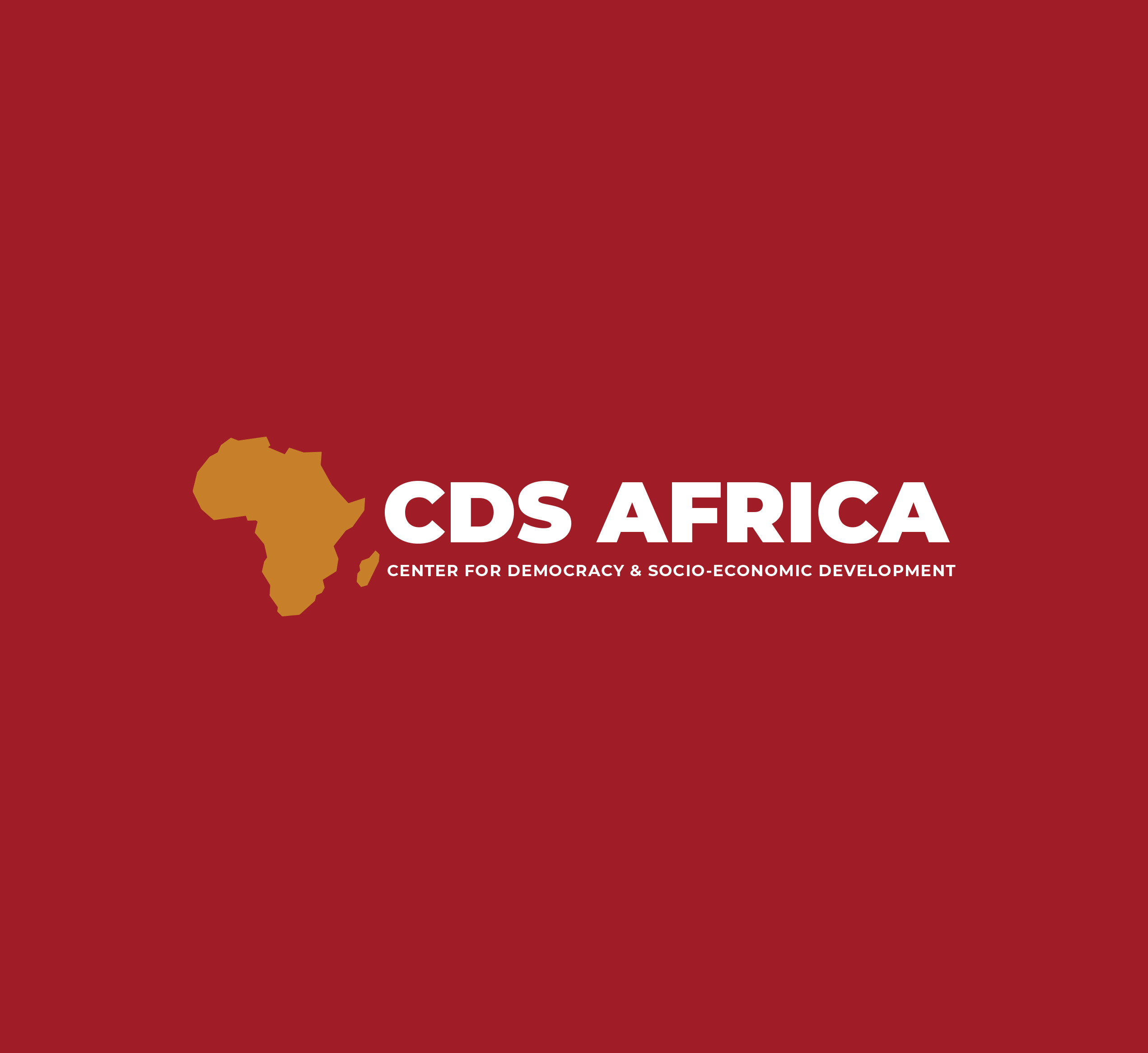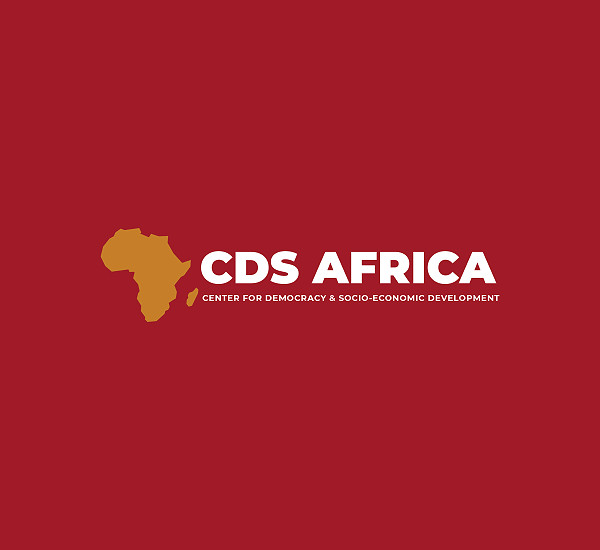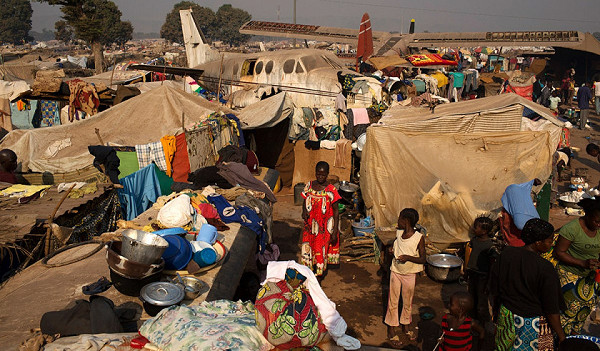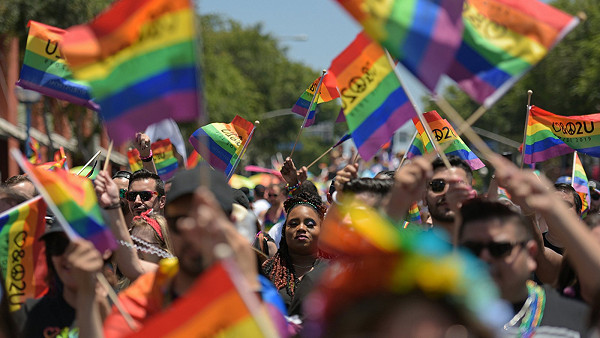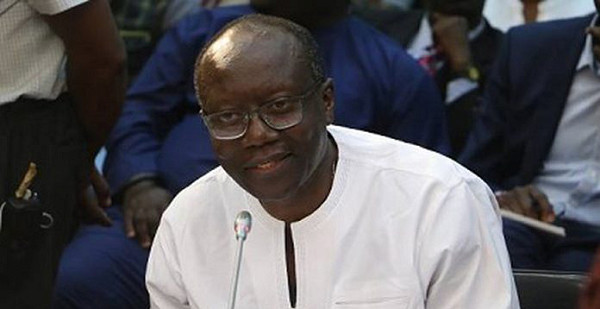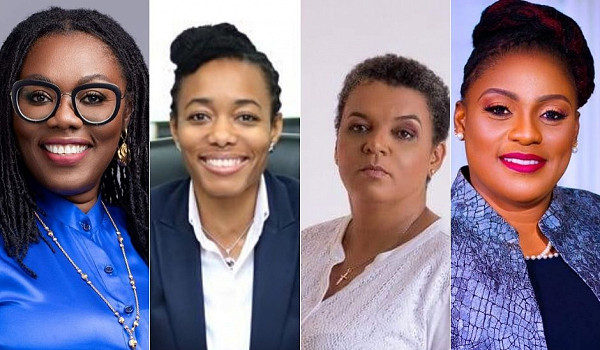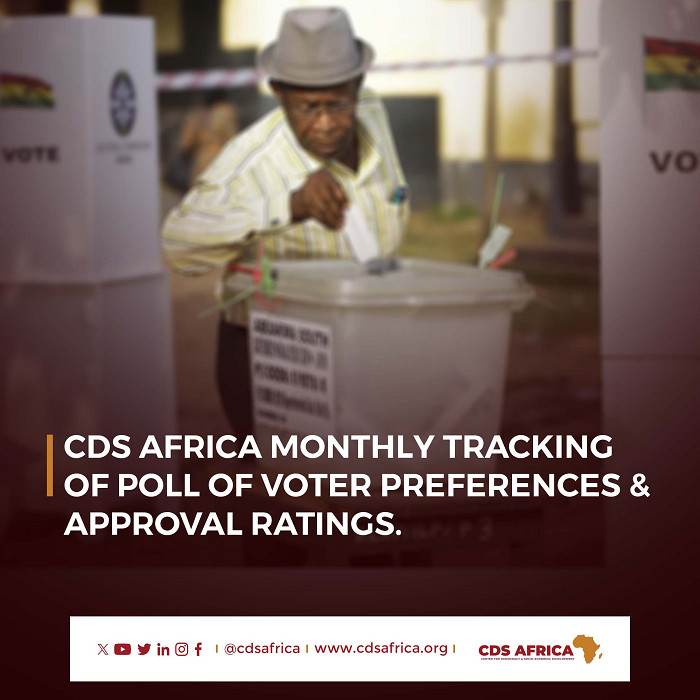BACKGROUND
South Africa, formally known as the Republic of South Africa (RSA or R.S.A has a population of nearly 62 million, and is the 23rd most populous country in the world. It is spread across 1,221,037 square kilometres (471,445 square miles). South Africa's three capitals are Pretoria (executive), Cape Town (legislative), and Bloemfontein (judicial). Johannesburg, the country's largest urban area and commercial center, is in the heart of the massive Gauteng region. The legislative capital is Cape Town, which serves as the seat of Parliament; Pretoria is the administrative capital. South Africa is a multiethnic society with diverse cultures, languages, and faiths.
The term "South Africa" refers to the country's geographical location near Africa's southern tip. The country was formed as the Union of South Africa in English and the Unie van Zuid-Afrika in Dutch, reflecting its origins as the union of four British colonies. Approximately 80% of the population is Black South Africa and the remaining population is composed of Africa's largest groups of European (White South Africans), Asian (Indian and Chinese South Africans), and multiracial (Coloured South Africans) ancestry. South Africa is commonly referred to as the "rainbow nation" to describe the country's multicultural richness, particularly after apartheid.
According to the 2023 V-Dem Democracy indices, South Africa is ranked the 51st electoral democracy worldwide and the 3rd electoral democracy in Africa. South Africa is a middle power (regional superpower) in international affairs, with major regional influence. It is a member of both the Commonwealth of Nations and the G20. It is a developing country with a Human Development Index ranking of 109th, the seventh highest on the continent. South Africa is the only African nation that has legalized same-sex marriage. The World Bank classifies it as a recently industrialized country, with the largest and most industrialized, technologically advanced economy in Africa and the 40th-largest economy in the world.
CULTURE AND RELIGION
The population is made up of several ethnic groupings; The Zulu (22.9%), Xhosa (16.5%), Sotho (17.4%), and Tswana (7.8%) collectively account for 64.6% of the population. Afrikaners, or Boers, who are descendants of Dutch pioneers, constitute 60% of the white population, while others are primarily of British descent, but also Portuguese and German.
South Africa has 11 official languages, including English, Afrikaans, Swati, and Zulu, as well as many other languages spoken by the country's various ethnicities.
Approximately 80% of South Africans are Christians, 15% have no religious identification, and 5% are Muslim, Hindu,Jewish, or of another faith. The constitution guarantees freedom of religion. Religion is important in South African society, with Christianity being the most popular, followed by Islam, Hinduism, Judaism, and traditional African religions. This religious diversity generates a climate of tolerance and pluralism in which individuals of various religions coexist and frequently engage in interfaith discourse and collaboration. Its multicultural society combines indigenous African, European, Asian, and other cultural aspects, resulting in a vibrant and dynamic social landscape. This diversity is evident in many facets of life, including language, music, art, cuisine, and festivals. South Africa's cultural diversity is also visible in its traditional beliefs and traditions, which differ amongst ethnic groups and communities around the country.
POLITICAL LANDSCAPE
The Freedom Index, which captures the country's evolution, shows the slow decline in freedom that began in South Africa in the early 2000s. South Africa gained international recognition as a leader on the African continent and a supporter of human rights since apartheid ended in 1994. With the first democratic elections conducted in South Africa thirty years ago, the apartheid period came to an end and Nelson Mandela was elected its first black president. Nonetheless, there are frequent claims of official corruption, and the ruling African National Congress (ANC) has come under fire recently for allegedly weakening state institutions to shield dishonest individuals and hold onto power as its base of support is starting to dwindle.
According to polls, the party may lose its absolute majority in the national government for the first time in the election set for May 29. Since the first democratic elections in 1994, the ANC has held the reins of power. However, accusations of corruption, financial difficulties, and internal factionalism have put its hegemony under strain recently. The National Party of South Africa enacted apartheid, an institutionalized system of racial segregation, in 1948. The meager rights that people of color had were taken away from them, especially the majority black population.
Political power and economic resources were allocated and managed through racial categorization and prejudice. The political establishment was dominated by the white populace, especially the Afrikaners. In every province of South Africa, black people were denied the right to vote. The fight against the apartheid system was spearheaded by the African National Congress (ANC). Later, in honor of the end of apartheid, April 27 was declared a public holiday and became known as Freedom Day. Multiracial elections did not, however, negate the effects of apartheid.
The effects of oppression are still evident, especially in the shape of extreme economic disparity that has persisted for the past 30 years despite the efforts of multiple governments to rectify it. In addition, corruption has been pervasive and basic services have not been adequately provided. There's no disputing that South Africa's fledgling democracy suffers in the absence of several strong national parties, even while there are valid reasons for the ANC's recurrent triumphs, such as worries about the possibility of apartheid returning and uncertainties about other parties' capacity to oversee state bureaucracy.
STATE OF ECONOMY
In terms of economic freedom, legislation forcing foreign investors to have local partners and to give away stock on a significant scale is most likely to blame for the sharp decline in investment freedom. The application of such limitations to an increasing number of sectors explains why investment freedom has continued to erode even today. The South African economy expanded by 0.4% in the first quarter of this year, but it faces obstacles such as power outages and unpredictable commodity prices. GDP growth is expected to fall sharply by the end of the year, with a modest rebound in 2024 unlikely to ameliorate the high unemployment rate of 32.9 percent.
Due to insufficient infrastructure investment, South Africa is finding it difficult to meet the increased energy demands brought on by an expanding population and growing industrialization. Over time, poor maintenance and postponed renovations have caused these infrastructure components to become less reliable, leading to increasing breakdowns and power outages. The aim to enhance wind, solar, and electricity storage capacity in 2019 has not stopped development projects from experiencing significant delays.
They are now only expected to be ready in early 2024, as opposed to the earlier projection that they would be operational by 2022. The process of finding sites and developers for projects that are scheduled for 2023, such as new wind, solar, and coal plants, have not even started. These obstacles have caused the deadline for solving the energy problem to be postponed and development to lag. Despite being the third-largest user of coal globally for power generation, South Africans are experiencing rolling blackouts, which is disconcerting because a country's progress depends on having a functional energy sector. Its energy demands are significantly more dependent on coal than those of other developing economies, such as China, India, and Brazil.
FUTURE PROSPECTS
Despite significant advancements in promoting inclusivity and representation, enduring issues like corruption and inequality remain. South Africa's journey through democracy and political evolution is a testament to its resilience and determination in confronting historical obstacles.
Due to the country's severe problems with inequality and unemployment, pragmatic measures are needed to guarantee opportunity and growth for everybody. Despite considered, South Africa's quest for a more democratic, inclusive, and wealthy society is still ongoing, highlighting the necessity of further advancement in order to fulfill the country's potential and ensure a better future for all of its residents.

